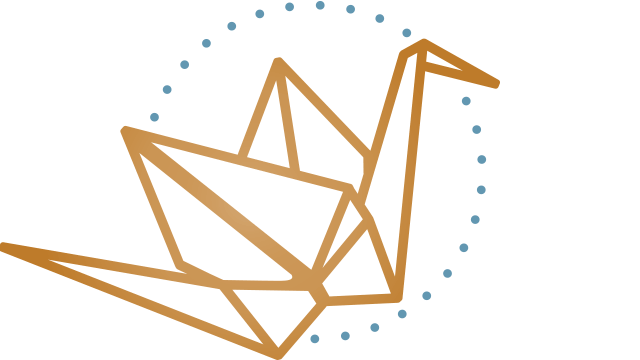Recognizing the Signs and Symptoms of Eating Disorders in Athletes
- Weight loss/resistance to regain/weight lower than necessary for adequate sport performance
- Poor body image
- Excessive training
- Vomiting after eating
- Binge eating
- Restrictive/rigid eating
- Fainting, dizziness, dehydration
- Amenorrhea
- Fatigue beyond that normally expected in training or competition
- Gastrointestinal problems
- Muscle weakness
- Overuse injuries/stress fractures
When to Refer an Athlete for Intensive Eating Disorder Treatment*
- Weight is less than 85% of expected weight based on height.
- Caloric intake is quite low, and the athlete continues to resist increasing caloric intake.
- Symptoms are worsening over time, and the athlete’s health is compromised.
- The athlete trains/exercises excessively despite injury or prohibitions from medical and training staffs.
- The athlete is engaging in self-harming behaviors and/or has suicidal thoughts.
- Psychiatric/psychological symptoms (i.e., depression, anxiety, etc.) prevent progress.
- Progress is not made on an outpatient basis after 6 weeks of treatment.
- The athlete has potentially serious medical complications (i.e., bradycardia, prolonged QT interval, electrolyte abnormalities, syncope, etc.).
*Intensive treatment for athletes and eating disorders typically involves at least 8 hours per day for at least 5 days per week, usually for a period of weeks.
















